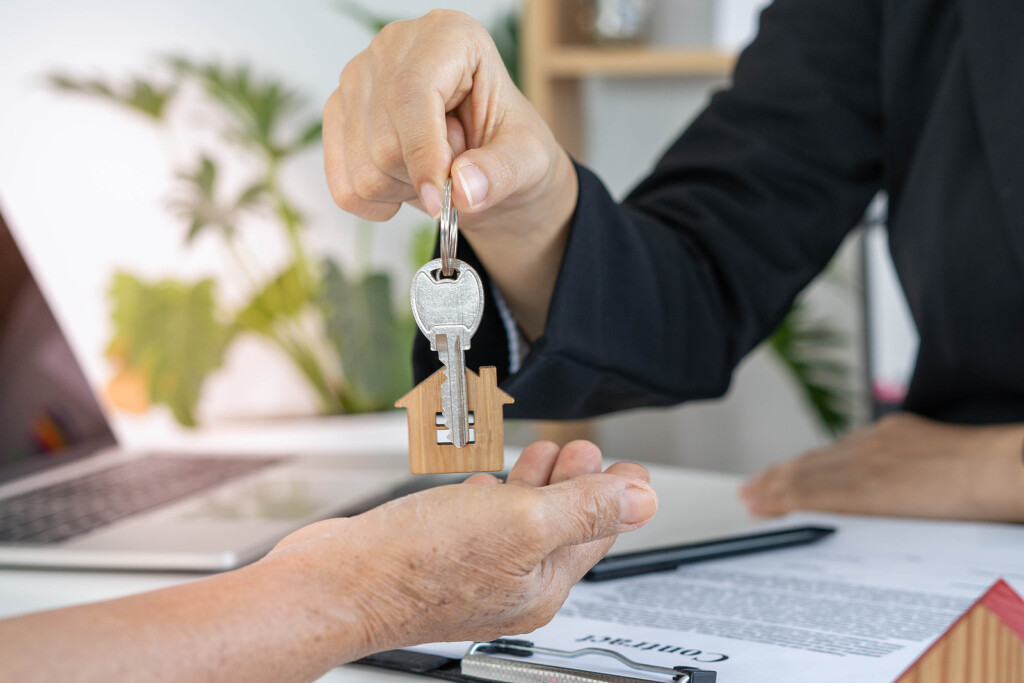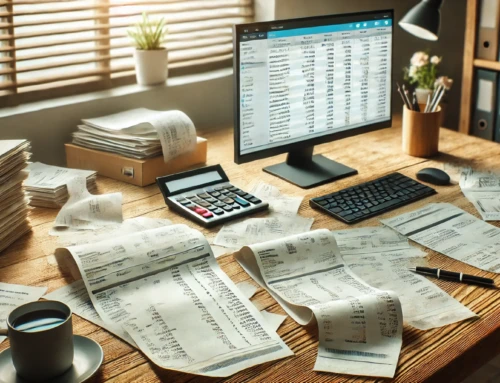
Whether you are a professional or a reluctant landlord, many people are unsure of the tax implications of owning their property in a limited company and whether this would work out more financially beneficial for them.
The answer is, as it usually is, that it depends on your personal circumstances and intentions.
Owning property personally
Finance
If you own a property, personally you can access personal buy to let mortgages which often cost less than a commercial buy to let mortgage.
Income Tax
You are taxed on the profit the property generates each tax year – your rental profit is calculated by taking your rental income minus allowable deductions such as management charges, repairs, maintenance and professional fees. The remaining profit is then taxable at your applicable tax rate, which will either be 20%, 40% or 45% depending on the level of your other income.
Mortgage interest is an allowable deduction but only at the rate of 20%, so if you are 40/45% tax rate payer you will only receive a 20% relief on mortgage interest.
Example: If you have a buy to let with rental income of £12,000, allowance expenses of £2,000 and mortgage interest of £1,000 (assuming your personal allowance is used up) you will pay tax of £1800 / £3800 if you pay tax at 20% / 40% respectively.
This example assumes only one person owns the property – if it is in joint names, the profit is split.
Capital Gains
If you sell the property, then you will have to pay Capital Gains tax no more than 60 days after you realise the gain. You will pay tax at 18% or 28% (Basic Rate or Higher Rate) on the gain after your annual allowance for CGT has been used up. Further reliefs are available if your rental property was ever your main residence.
So, for example, a £50,000 gain in ’20/21 will mean CGT, after the annual allowance, of between £6,786 and £10,556 depending on how much of your basic rate band remains available.
Again, if the property is in joint names, the gain is split, and two annual allowances can be used.
Owning property in a limited company
Finance
It is more costly to borrow; commercial buy to let mortgages are usually 1-2% more expensive.
Corporation Tax
The company is taxed on the profit the property generates each tax year – rental income is calculated minus allowable deductions such as management charges, repairs, maintenance and professional fees. The remaining profit is then taxable at 19%. Mortgage interest is allowable at 19%.
Example: If the company has a buy to let with rental income of £12,000, allowance expenses of £2,000 and mortgage interest of £1,000 it will pay tax of £1,710.
Capital Gains
If the company sells a buy to let it will be taxed at 19% on the profit, but it does not receive an annual allowance.
So, for example, a £50,000 gain will mean £9,500 in corporation tax.
Personal Tax
As you can see, overall, the company pays less income tax than an individual, but the issue comes when you want to draw the money from the company. This is usually paid in the form of a dividend.
The first £2,000 of dividends are tax-free, and after that, they are taxed at the rate of 7.5% / 32.5% for basic rate and higher rate respectively.
So, if we took the example above with rental income of £12,000, allowable expenses of £2,000 and mortgage interest of £1,000, the company would pay tax of £1,710. If you then paid out the profit (£7,290) in dividends, you would pay a further £546.75 or £2,369.25 for a basic rate and higher rate taxpayer respective.
Drawing the profits vs not drawing the profits
If you paid all the profits out of the company you would pay a total tax of £536.75+£1710 = £2256.75 as a basic rate taxpayer or £2369.25 + £1710 = £4,079.25 as a higher rate taxpayer vs tax of £1800 / £3800 if you owned the property personally.
However, if you kept the money in the company, you would only pay tax of £1,710.
Conclusion
From purely a tax point of view, if you need to live on the profits of your buy to let business, then own it personally – if you want to build up a portfolio and re-invest the profits then own it in a company.
Putting your existing property into a company
One of our most frequently asked questions is how do I put my buy to let into a company. The quick answer is that you must sell your property to the company as if you are selling to a third party.
The sale doesn’t have to be for cash, but it does have to be at market value. Market value will trigger a capital gain tax charge (unless you are a full-time landlord and can prove this is your only job) and stamp duty.
Finally, there may be costs imposed on you by your mortgage company for making a move and the costs involved in running the company can be higher.
Tax Planning
As you can see if you are considering re-organising your buy to let it’s worth taking the time and seeking some advice as a little planning goes a long way.
Download a PDF version here.






